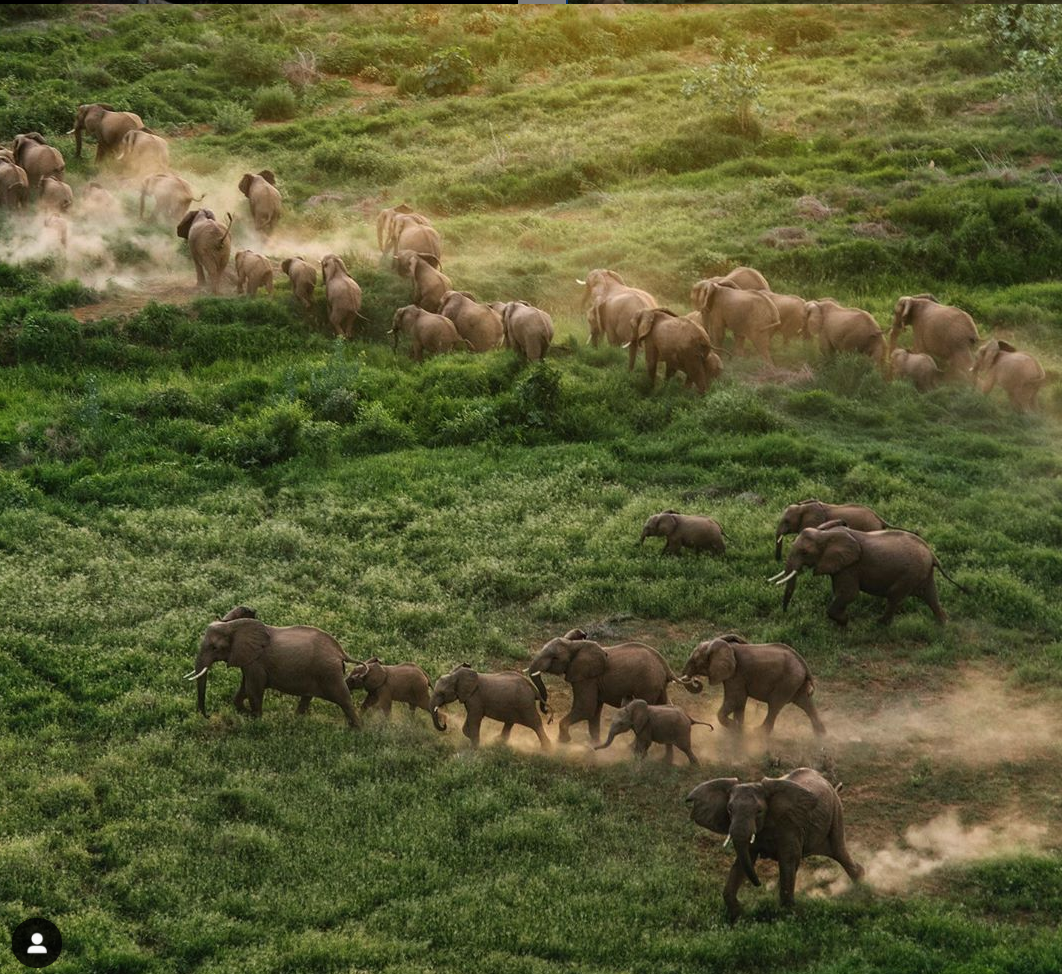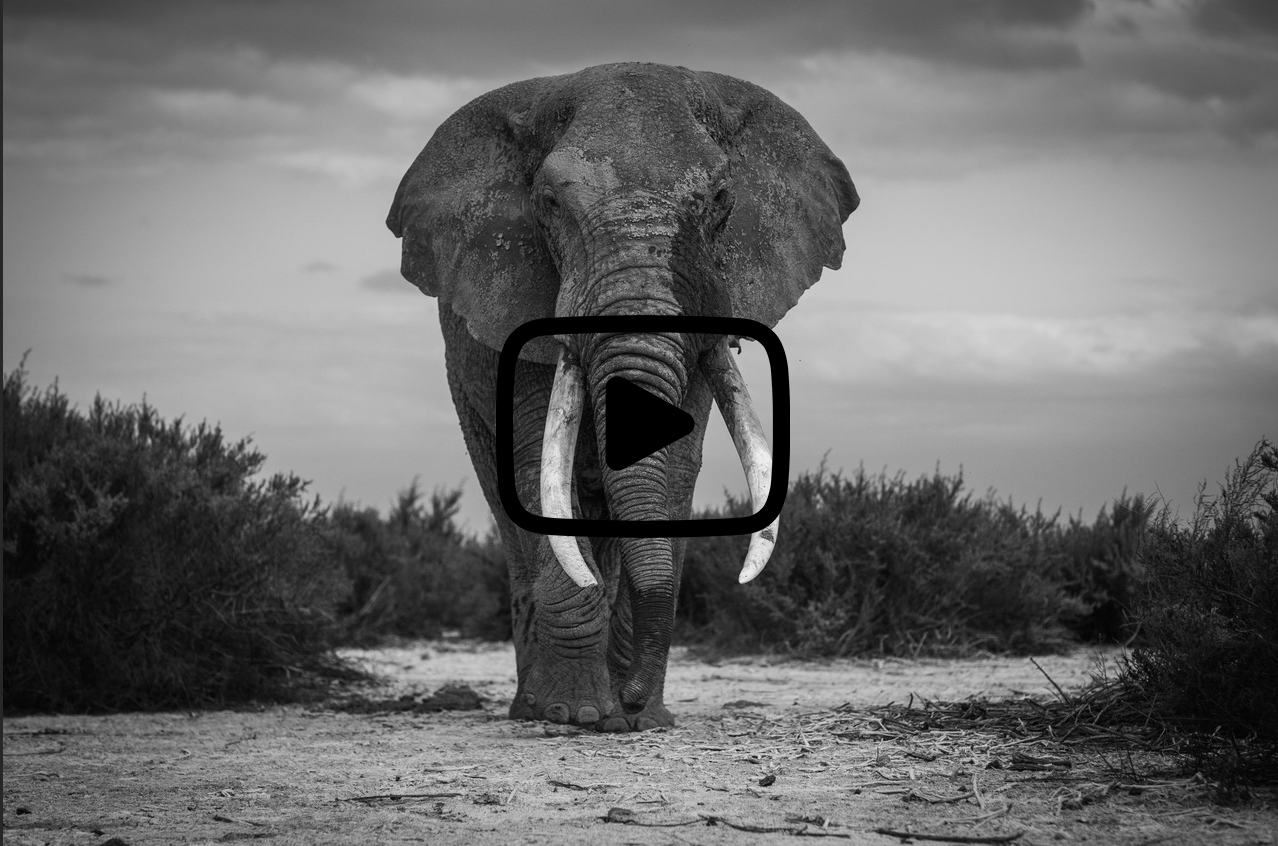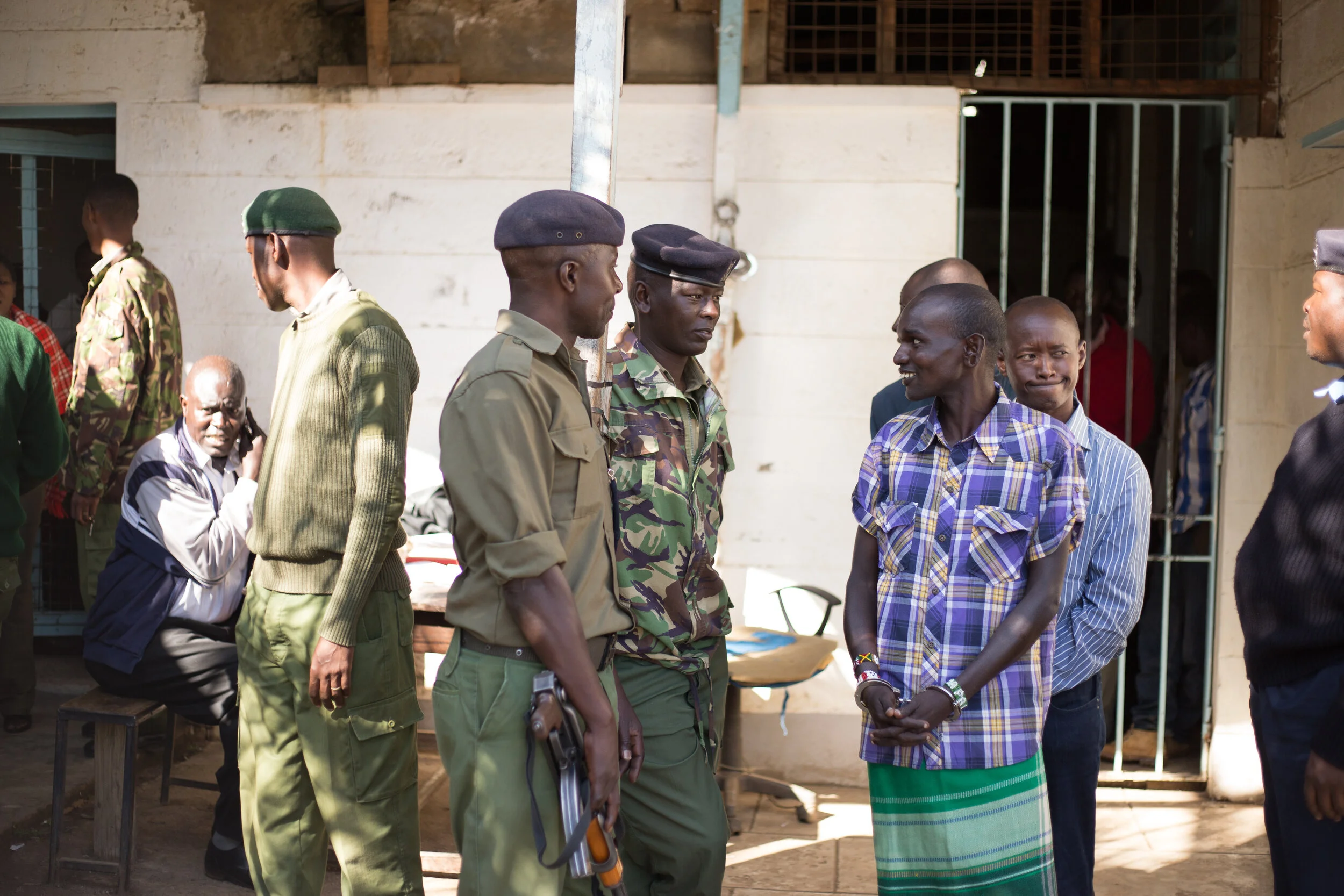
How we work
OUR INTEGRATED APPROACH IS THE KEY TO OUR SUCCESS
We protect Africa's elephants and their landscapes and demonstrate the ecological and economic value they bring
At the same time, we work to show that elephants and their landscapes can bring economic value to local communities, regional authorities, and national governments. Setting aside wild places for their intrinsic value is a noble ambition but it has little place in the reality on the ground is difficult to sustain long-term in the face of growing demands from an expanding world population. The ecological and economic value landscapes and wildlife can generate must be tangible so that the African people find value in protection of their wildlife and open landscapes.
“Using science and best-practice, we have created a proven toolkit of activities that we aim to deploy together in a given landscape to protect it and its wildlife.”
— Dr Max Graham, Founder & CEO
Space for Giants

wildlife protection
We know that wildlife and wild landscapes can bring value to people and places well into the future. To do so, their resources need to be protected from the urgent threats they face today, like poaching, or poorly-planned development. This needs work where you'd expect: on the frontline, where the elephants are. But it also needs a lot of effort elsewhere, too. Here's how we combine four key activities to protect elephants and their habitats.
©David Gulden/www.davidgulden.com
Pay, train and equip wildlife rangers
We equip, train, and pay elite ranger units, including mobile and rapid-response teams. We use intelligence-led tactics adopted from counter-terrorism. Deploying intelligence-led and proactive operations has a far greater impact than ever more boots on the ground.
Support judicial processes so trials are stronger
Successfully bringing an end to wildlife crime needs as much attention to activities in the courtroom as it does to operations in the field. Our sector-leading wildlife justice work continues to grow significantly, improve conviction rates and penalties for those involved in wildlife crime.
Mitigate human-wildlife conflict
People and wild animals live ever closer in modern Africa. In a rapidly developing world, the competition for resources between people and wildlife continues to increase, posing a threat to the future of both humanity and critically endangered wildlife.
Contribute to pan-African anti-poaching surveys
The Monitoring of Illegal Killing of Elephants (MIKE) provides information needed for elephant range States to make appropriate management decisions. We work closely with the Kenya Wildlife Service and conservation partners to provide data on illegal hunting of elephants and trends over time for its ‘Laikipia and Samburu MIKE site’.

CONSERVATION VALUE
For elephants and their landscapes to be secure forever, they both need to demonstrate tangible value to people and to governments, value that's derived from their protection rather than exploitation. The more we can show how these are precious resources that bring renewable benefits, the more support we'll win to help us succeed. Here's how we do that.
We secure conservation landscapes and bring compatible investment
With each year that passes, it becomes ever more obvious that natural landscapes need to prove their economic value. Many of those acres already have immense ecological value. But as economic growth surges, it is the financial reward that’s most urgently prized.
Africa's political leaders drive and accelerate our work
The Giants Club gives us the real political, financial and technical muscle to get our work done. It unites sitting or former Heads of State of the four countries that hold half of Africa’s remaining elephants: Botswana, Gabon, Kenya, and Uganda. Its initial goal is to protect half of Africa’s elephants, and it is already looking beyond that to long-term threats.
Through better journalism, influencers and global campaigns
Our global communications and campaigning aims to bring stories of the threats facing elephants and their landscapes to as many people as possible. We partner with African conservation journalists and world-famous individuals, all with the aim of spreading the message as wide as possible.
Proving our point with appropriate and innovative research
Data continues to drive and refine our approach, with doctorates on fencing and elephant behaviour, new reports pending on global anti-poaching, elephant movement mapping, and ranger patrol tools to inform wildlife protection.
Our Impact
Where Space for Giants began, in Kenya, we have used every tool in the kit. Supporting partners including the Kenya Wildlife Service we helped to CUT POACHING BY 84% where we work in Laikipia. Wildlife crime PROSECUTION RATES ROSE TO OVER 90%, from 24%, thanks in part to our work, Kenya’s Director of Public Prosecutions says. Research papers we produced informed policy, fences significantly cut crop-raiding, and critical elephant habitat was secured. Our mission now is to export this integrated approach, using every intervention in the kit in every landscape where we operate. Download our 2020 Impact Report to discover more of our work across the nine countries we now operate in.









